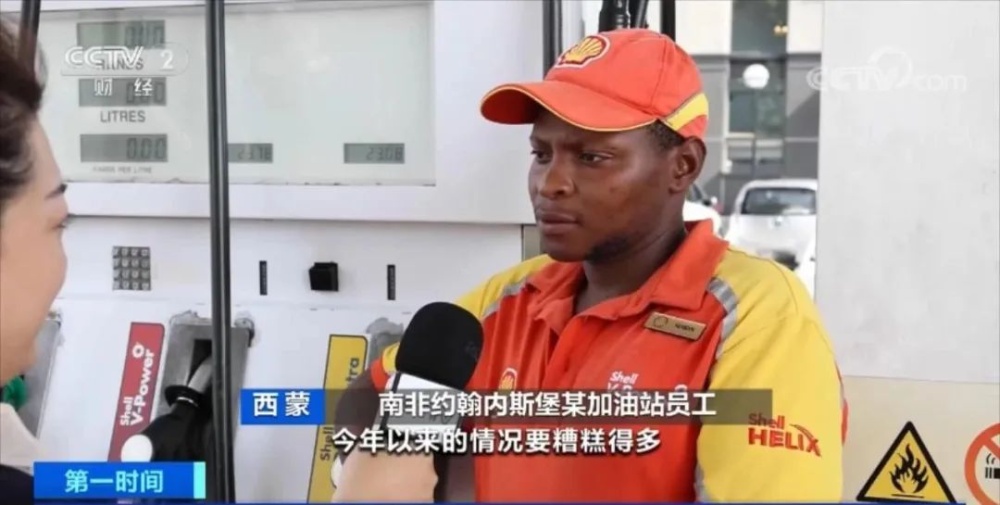Africa's second largest economy declared: a state of national disaster!
 namkoo solar
namkoo solar
According to CCTV News on Feb. 16, South African President Ramaphosa recently declared a national disaster state in South Africa to deal with the lack of electricity supply. South Africa is currently the second largest economy in Africa.
"We are suffering from a serious energy crisis ...... which is gradually escalating and affecting all aspects of society," Ramaphosa said during his 2023 State of the Nation address in Cape Town, South Africa's legislative capital, according to Xinhua News Agency.
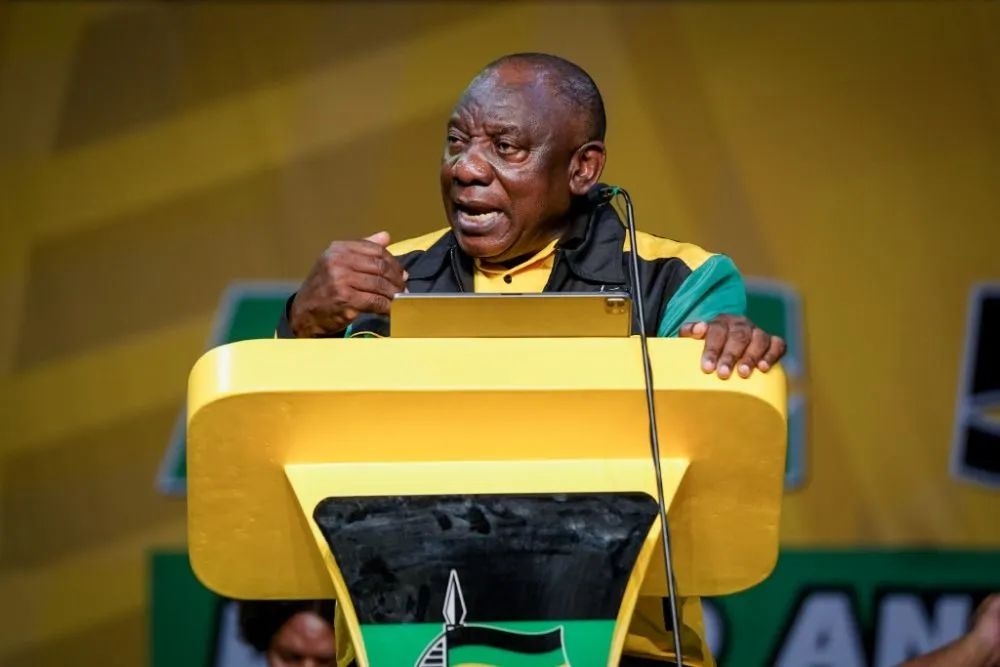
Ramaphosa
"We are therefore declaring a state of disaster in the country to deal with the power shortage crisis and its effects." "We must act to mitigate the impact of this crisis on farmers, small businesses, water infrastructure and transportation networks," he said.
Ramaphosa said the power shortage crisis poses a major threat to the economy and social fabric, making it imperative to significantly reduce the length of power outages in the coming months and work toward eventually eliminating them altogether.
For a long time, South Africa's power supply is not very stable, small-scale power outages occur from time to time. Recently, the power shortage has been further exacerbated, with large-scale rotating power outages becoming longer and longer, with some customers even facing up to 12 hours of power outages in a single day.
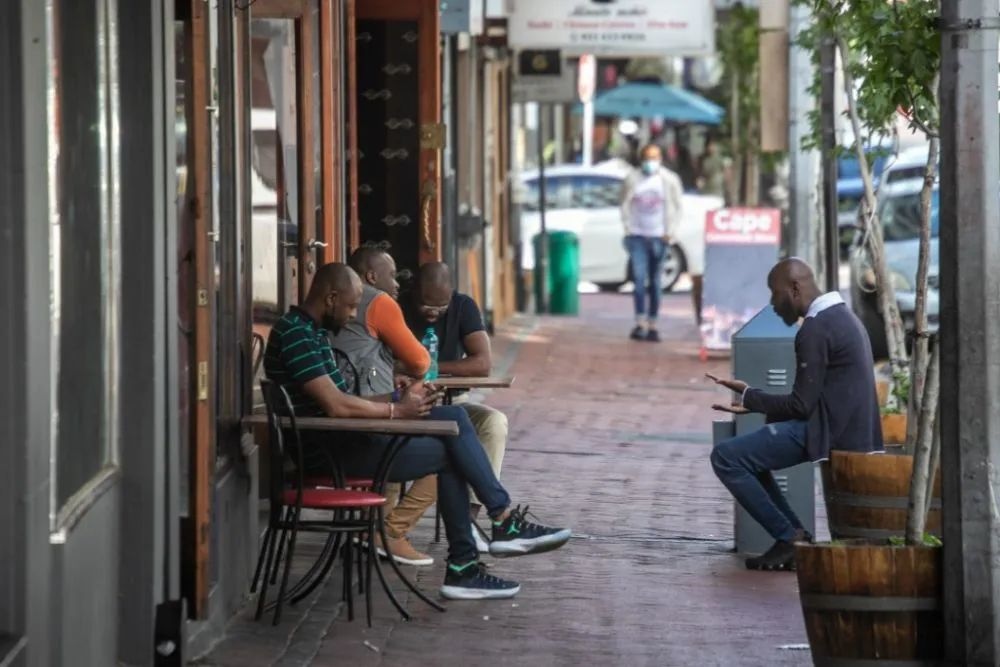
This is a picture of people on a shopping street in Cape Town, South Africa on November 28, 2021
More than 200 days of annual power outages in 2022
According to CCTV news reports, in 2022, South Africa's national power company implemented unprecedented power restrictions, with a total of more than 200 days of power outages for the year, the most in recent years.
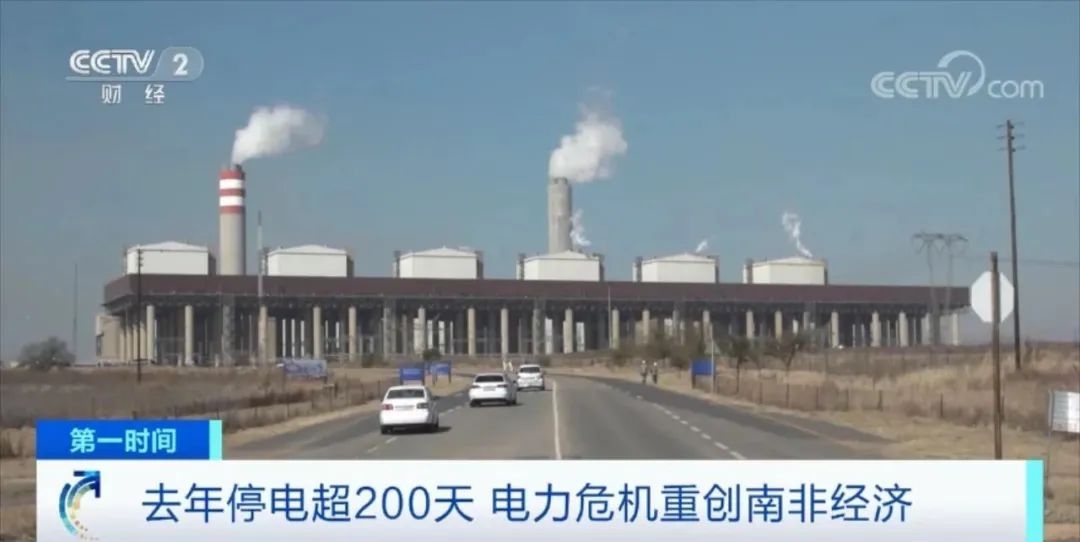
On January 12 of this year, South Africa's coal-fired power plants had a rare case of 11 units failing at the same time, and the South African National Power Corporation was forced to start six consecutive levels of power restrictions.
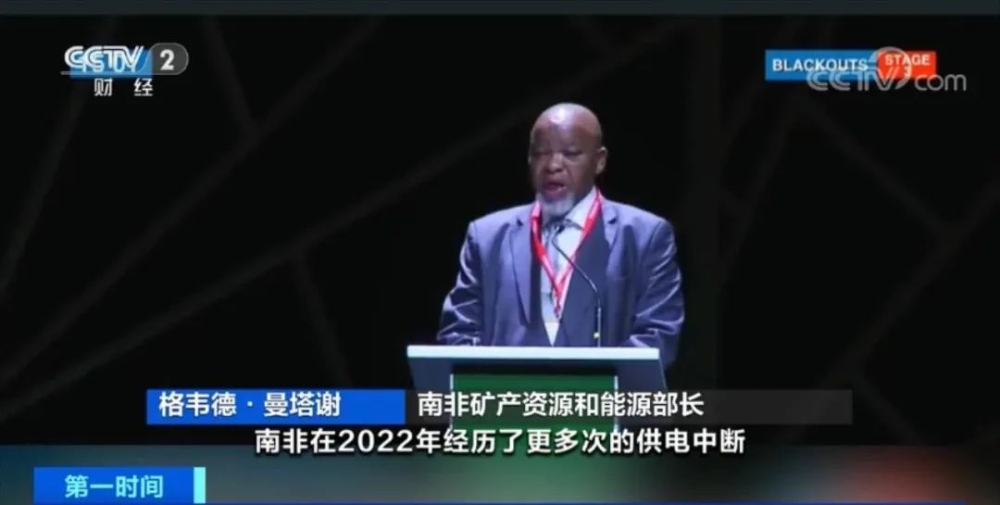
South Africa experienced more power supply disruptions in 2022, which led to a decline in mineral extraction, according to South Africa's Minister of Mineral Resources and Energy Gwede Mantacher, who said that multiple rounds of power restrictions are estimated to bring about 1 billion rand (about $380 million) per day to the South African economy, and a decline in mining production capacity of about 9% in November 2022, which has had a serious adverse impact.
According to Xinhua News Agency, citing Reuters, the power shortage crisis is due to multiple reasons such as mismanagement of power suppliers, delayed construction of thermal power plants and deliberate destruction of power facilities.
South Africa's national power company chief executive Andre Deleter announced his resignation in December last year after being criticized by the energy minister, the minister of state-owned enterprises and other government officials for not handling the power shortage crisis effectively. The power company urgently searched for a successor, and Deleter stayed on until the end of March this year to ensure normal operations.
Media reported at the time that South Africa's national power company was $23.3 billion in debt and said last November that it had run out of funds to buy fuel to guarantee a stable power supply.
According to Xinhua News Agency, citing AFP, the lack of electricity crisis is one of the challenges facing Ramaphosa's administration. Ramaphosa said on Sept. 9 that he would appoint a power minister to "respond more effectively and quickly" to the crisis.
Traders have to spend at least R1,300 a day on diesel to generate electricity
According to CCTV news report, the reporter came to Johannesburg, the first city of South Africa, and made a field visit recently.
In Johannesburg, the first city of South Africa, a busy intersection with six directions, there is no traffic light indication at all, this situation has lasted for almost a year in Johannesburg.
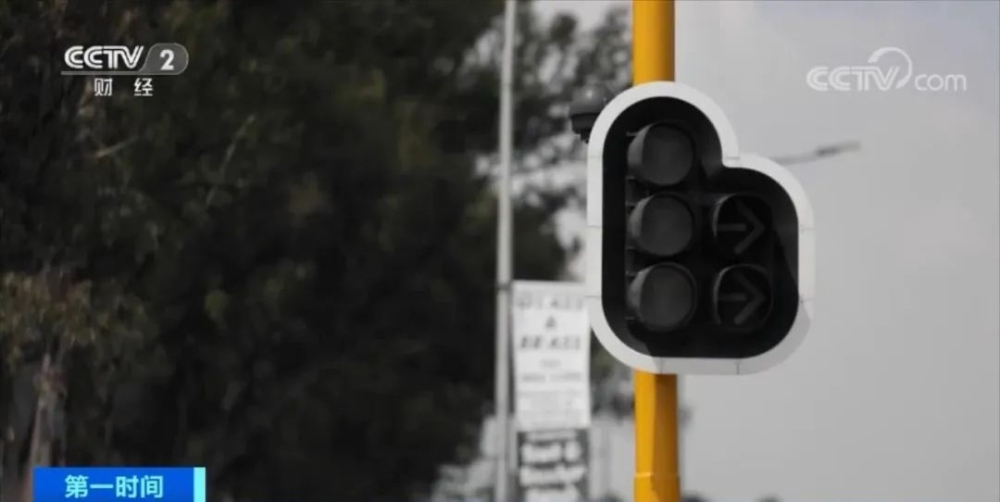
For ordinary people and small store owners in South Africa, the power restrictions have not only caused problems in their daily lives and travel, but also led to a significant increase in the operating costs of stores.
Villacazi in Johannesburg Soweto area operating a store selling souvenirs and coffee, in order to maintain business, Villacazi bought a generator, at least 1300 rand a day (about 500 yuan) to buy diesel for the generator, and the money is a lot of money for him to spend.
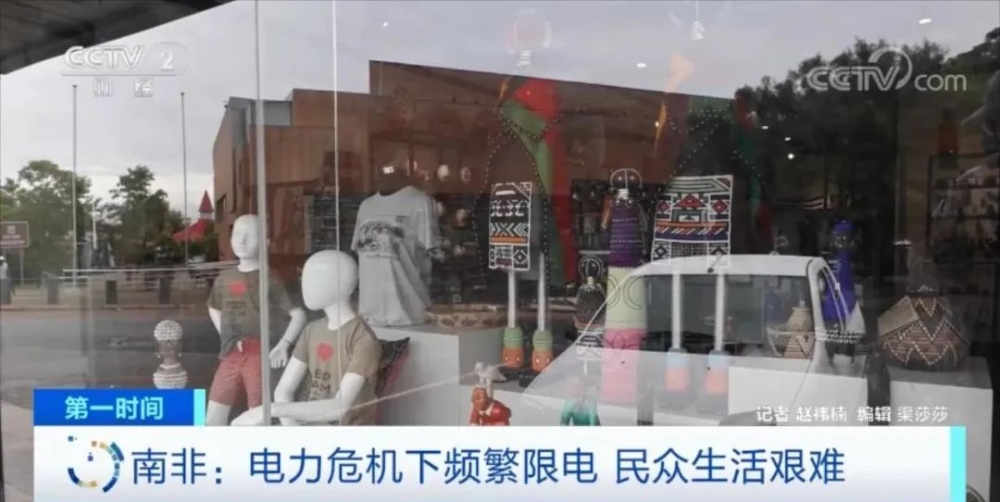
Under the power restriction measures, the frequency of power outages is too high, power stations, gas stations, restaurants, etc. across South Africa are facing the risk of closing down.
South Africa, Johannesburg, a gas station employees Simon said: the situation since this year is much worse, such as 8:00 in the morning just blackout, 12:00 noon and blackout, which is too bad, the frequency of such power outages on our gas station work is very unfriendly, many gas stations are unable to operate due to power outages and closed down.
